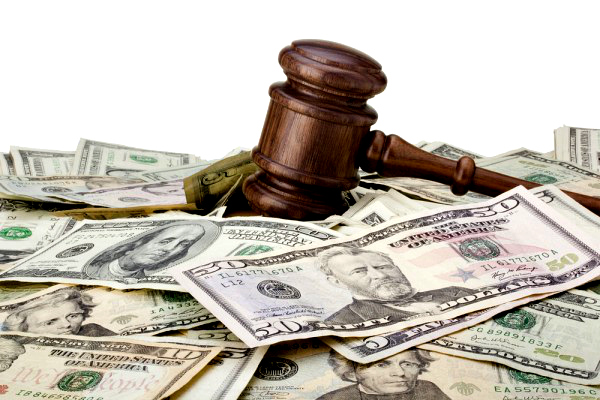By Kim Stone, President of the Civil Justice Association of CA.
This past year, public nuisance lawsuits have spiraled out of control in California. Cities like San Diego, Berkeley and Los Angeles have been convinced to sue U.S. companies for enormous sums. Trial lawyers, looking to win big, scour the state and the nation for potential plaintiffs and then recruit municipalities to partner with them to file suits against businesses.
Pandora was let out of the box in 2002 when Santa Clara County and Orange County, using private plaintiff’s lawyers to bring the charge, sued lead paint manufacturers under a public nuisance theory — even though the paint manufacturers didn’t know about problems with lead paint at the time they sold it. After that, the Orange County District Attorney’s Office used public nuisance theory to sue drug manufacturers for the costs of unemployment, emergency room visits and other social services. The idea was that people took prescription painkillers, then got addicted, then the prescription ran out, then they switched to heroin, then they lost their jobs and ended up in the emergency room without insurance, so the drugmakers should pay for the county’s unemployment and ER costs. The judge dismissed the case because the FDA regulates prescription drugs, because some patients really do need painkillers and because it’s not appropriate for local prosecutors partnering with private plaintiff’s lawyers to do the oversight and regulation that appropriately belongs to the federal government.
Along with other cities, San Diego has entered the fray. By partnering with a plaintiff’s firm, the city doesn’t have to pay for the expense of investigating and prosecuting the case — those costs are fronted by the trial lawyer firm. But this partnership is ethically suspect.
Government prosecutors have great power — much more power than private attorneys do. Only government prosecutors can jail people. The power of suing “on behalf of the people of California,” as prosecutors do, is tremendous. With this great power comes great responsibility — the responsibility to “do justice,” to do the right thing. In contrast, private plaintiff’s attorneys have an entirely different duty — to zealously represent the interests of their client. They don’t have to think of the bigger picture, about what is right. When prosecutors give their vast governmental power to private attorneys who only get paid if they win — and might make nothing if not — those attorneys might not have the same ethical motivation to be fair. Especially when, as in the latest case in San Diego, those private attorneys are guaranteed 25 percent of any settlement made in the public’s name. We as citizens need to watch out for these kinds of dangerous liaisons between local prosecutors and plaintiff’s attorneys and try to stop them from happening.
In the most recent example, San Diego and other cities have signed on to sue Monsanto, the St. Louis-based agricultural company, which nearly 40 years ago was a manufacturer of PCBs, for allegedly contaminating waterways. PCB, or polychlorinated biphenyl, is a chemical compound that was originally designed to keep electrical equipment safe for use. PCBs were widely used from the 1920s until the late 1970s, when they were found to be toxic to humans and the environment, and banned by Congress.
Now, more than 40 years later, these cities are going after Monsanto, to get the company to pay for cleanup, whether or not the company actually spilled or dumped the chemical. This is a huge expansion of liability and a novel legal theory. Generally, in a pollution lawsuit, prosecutors go after the party that actually polluted.
Until now, courts in other states have sided with Monsanto and understood that the company is not responsible for how other parties handled its products. But now trial lawyers have come to California and are trying to expand litigation to the makers of these products, which is a far stretch in legal doctrine — and far from plain, old common sense. It is like suing a computer company because a hacker used its product to steal someone’s identity or blaming a car manufacturer for a car that was used as a getaway vehicle. California’s public nuisance statutes were not intended to be extended to consumer products in this way.
San Diego and other cities should be careful about which cases they bring, and who they bring them with. We rely on our prosecutors to work for fairness and justice, not for financial gain.
[divider] [/divider]
Originally published in the San Diego Union Tribune and cross-posted at Fox & Hounds Daily.





